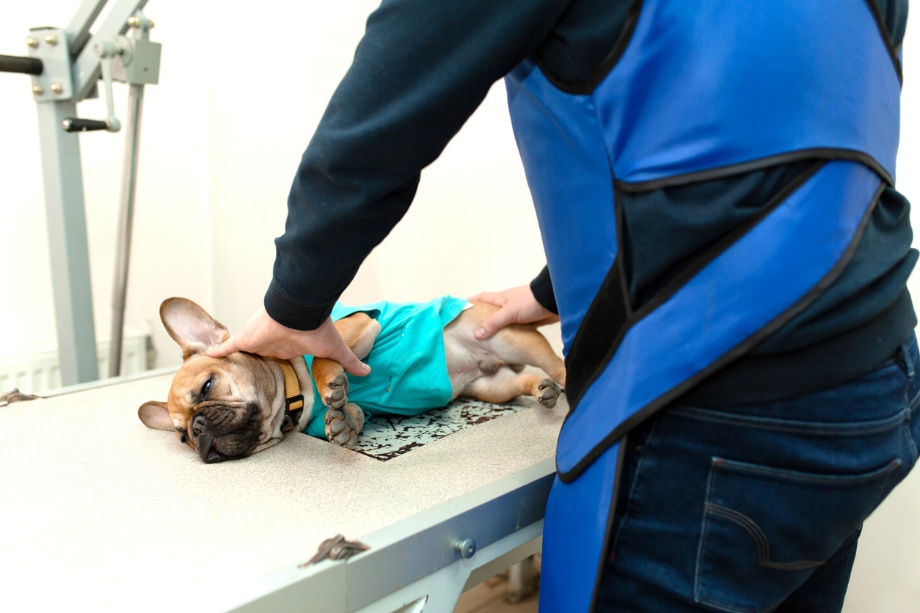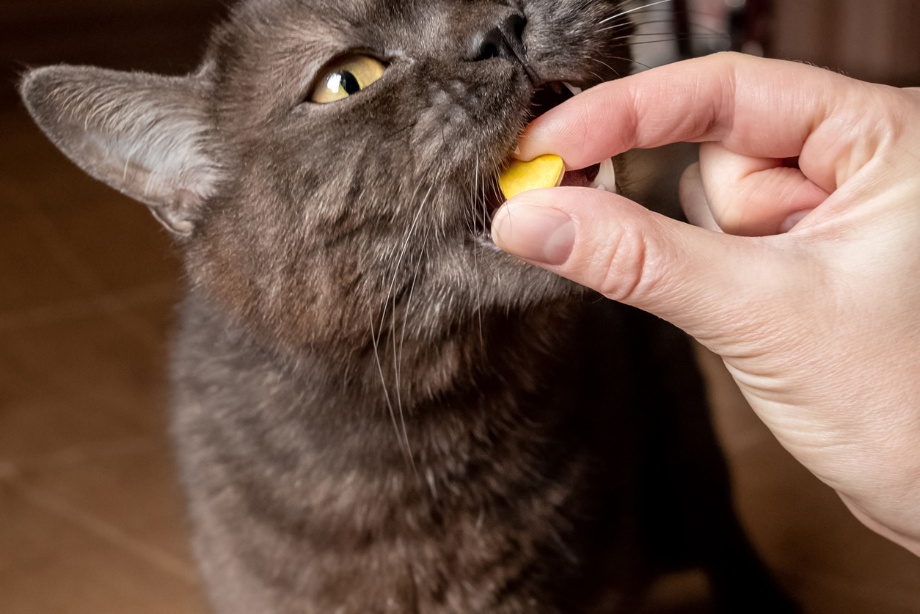April is here, and with it comes a crucial reminder for pet owners everywhere—Heartworm Awareness Month. This tiny but deadly parasite does not take a season off, and just one mosquito bite can put your furry companion at risk. The good news? Heartworm disease is preventable! You can protect your pet from this hidden threat by staying informed and proactive. In this article, you will discover how to take action and ensure your beloved pet stays happy, healthy, and heartworm-free all year!
Understanding Heartworm Disease
Heartworm disease is a serious condition caused by worms that live in pets’ heart, lungs, and blood vessels. It spreads through mosquito bites, making any pet—indoors or outdoors—vulnerable.
When an infected mosquito bites a pet, it transfers tiny heartworm larvae into the bloodstream. These larvae grow into adult worms, reaching up to 12 inches long. Over time, these worms clog the heart and lungs, leading to severe health problems, organ damage, and even death if left untreated.
Dogs are the most common hosts for heartworms, but heartworms can also infect cats and ferrets. Unlike in dogs, where the worms reproduce and grow in large numbers, cats typically have fewer worms, but even a single worm can cause serious illness.
Because it develops slowly and often doesn’t show symptoms immediately, many pet owners don’t realize their pet is infected until significant damage occurs. That’s why prevention and early detection are so important. You can check out our previous article for a visualization of the entire lifecycle of heartworms.
Recognizing the Signs
People often call heartworm disease the “silent killer” because early symptoms can be mild or unnoticed. The disease may have already caused severe damage by the time symptoms appear. Here is what to watch for:
Dogs:
- Persistent cough
- Fatigue after moderate activity
- Decreased appetite
- Weight loss
- Advanced cases may cause heart failure and abdominal swelling due to fluid buildup.
Cats:
- Coughing or asthma-like attacks
- Vomiting
- Loss of appetite or weight loss
- Severe cases may lead to difficulty walking, fainting, seizures, or sudden collapse.
Ferrets:
- Loss of appetite and weight
- Hind leg paralysis
- Swollen abdomen
- Dark-colored urine
Detection and Treatment

Early detection is key to effective treatment. Your veterinarian will use several diagnostic tools to confirm infection, such as:
- Blood Tests: A simple test to detect heartworm proteins or larvae in the bloodstream.
- X-rays: Reveals lung damage or enlarged blood vessels caused by heartworms.
- Ultrasound: Helps visualize the heart and detect adult heartworms.
Treatment for Dogs
If your dog tests positive for heartworms, treatment involves multiple steps:
- Stabilization: If your dog shows severe symptoms, the veterinarian may first focus on stabilizing their condition.
- Medications: A series of injections are given to kill the adult heartworms, with strict rest required between treatments.
- Monitoring & Follow-ups: After treatment, your vet will conduct follow-up tests to ensure the infection has cleared.
Treatment for Cats and Ferrets
There is no approved drug treatment for heartworm disease in cats and ferrets. Instead, treatment focuses on managing symptoms:
- Medications: To reduce inflammation and respiratory issues.
- Supportive Care: Oxygen therapy or other treatments to ease breathing difficulties.
- Regular Monitoring: X-rays and blood tests to track disease progression.
Because treatment can be so difficult and costly, prevention is always the best approach.
Prevention: The Best Protection Against Heartworms

Prevention is much easier, safer, and more affordable than treating an infection. The best way to protect your pet is through year-round heartworm prevention, which includes:
- Monthly Preventive Medication: These medications kill heartworm larvae before they develop into adult worms. They come in chewable tablets, topical solutions, or injections your veterinarian prescribes.
- Regular Vet Check-Ups: Routine blood tests help ensure your pet remains heartworm-free and that their preventive medication is working effectively.
- Mosquito Control: Since mosquitoes spread heartworm disease, reducing your pet’s exposure to mosquitoes can help. Keep your home and yard free of standing water, use pet-safe mosquito repellents, and keep pets indoors during peak mosquito activity times (dawn and dusk).
Why Do You Need a Prescription for Heartworm Preventatives?
According to the American Veterinary Medical Association (AVMA):
- Heartworm preventatives require a prescription to ensure they are safe and effective for your pet.
- Giving preventatives to an already-infected pet won’t kill adult heartworms and could cause dangerous reactions.
Skipping or delaying doses of heartworm prevention can put your pet at risk. Even if you miss just one month, heartworm larvae could mature into adults, leading to serious health problems. Consistency is key!
Take Action Today – Protect Your Pet!
April’s Heartworm Awareness Month is a powerful reminder that heartworm disease is a year-round threat. Prevention is key to ensuring your pet’s long, healthy life. You can keep your furry companions safe by staying informed, using vet-approved preventatives, and scheduling regular check-ups.
Do not wait until it’s too late! Contact us today to discuss heartworm prevention and schedule your pet’s next check-up.
Hammond Veterinary Hospital
163244 N 2810 Rd (McKinley)
Marlow, OK 73055

